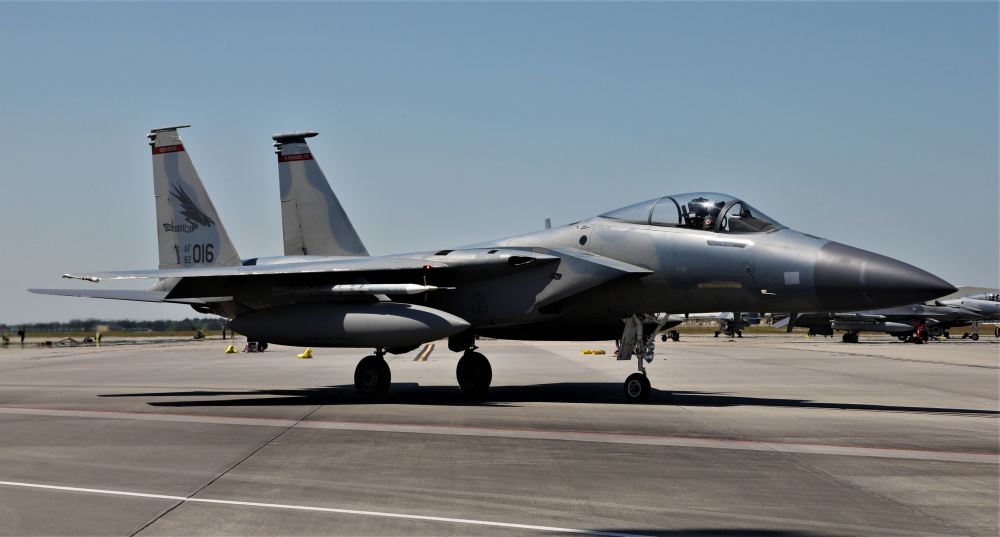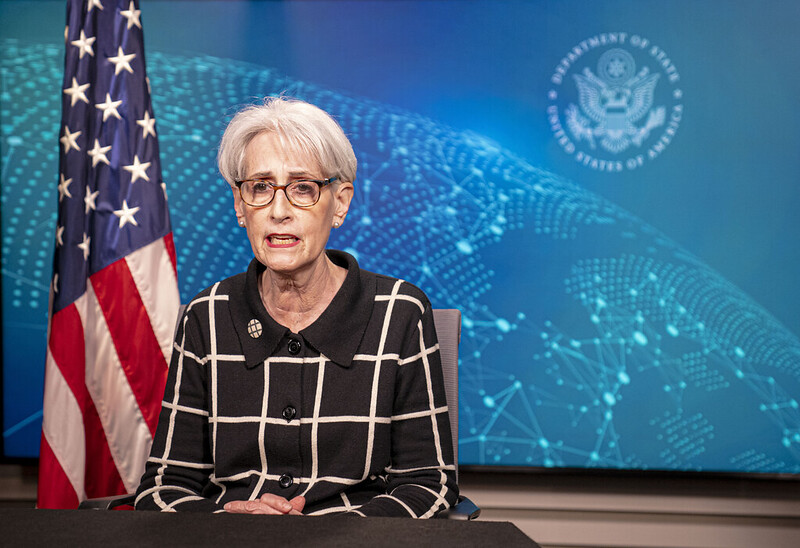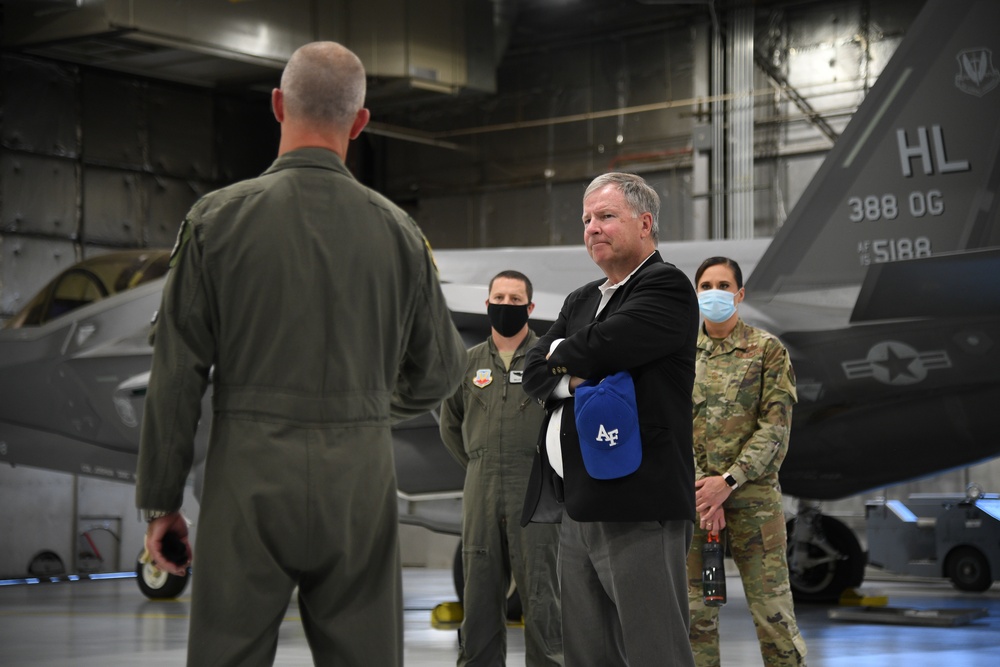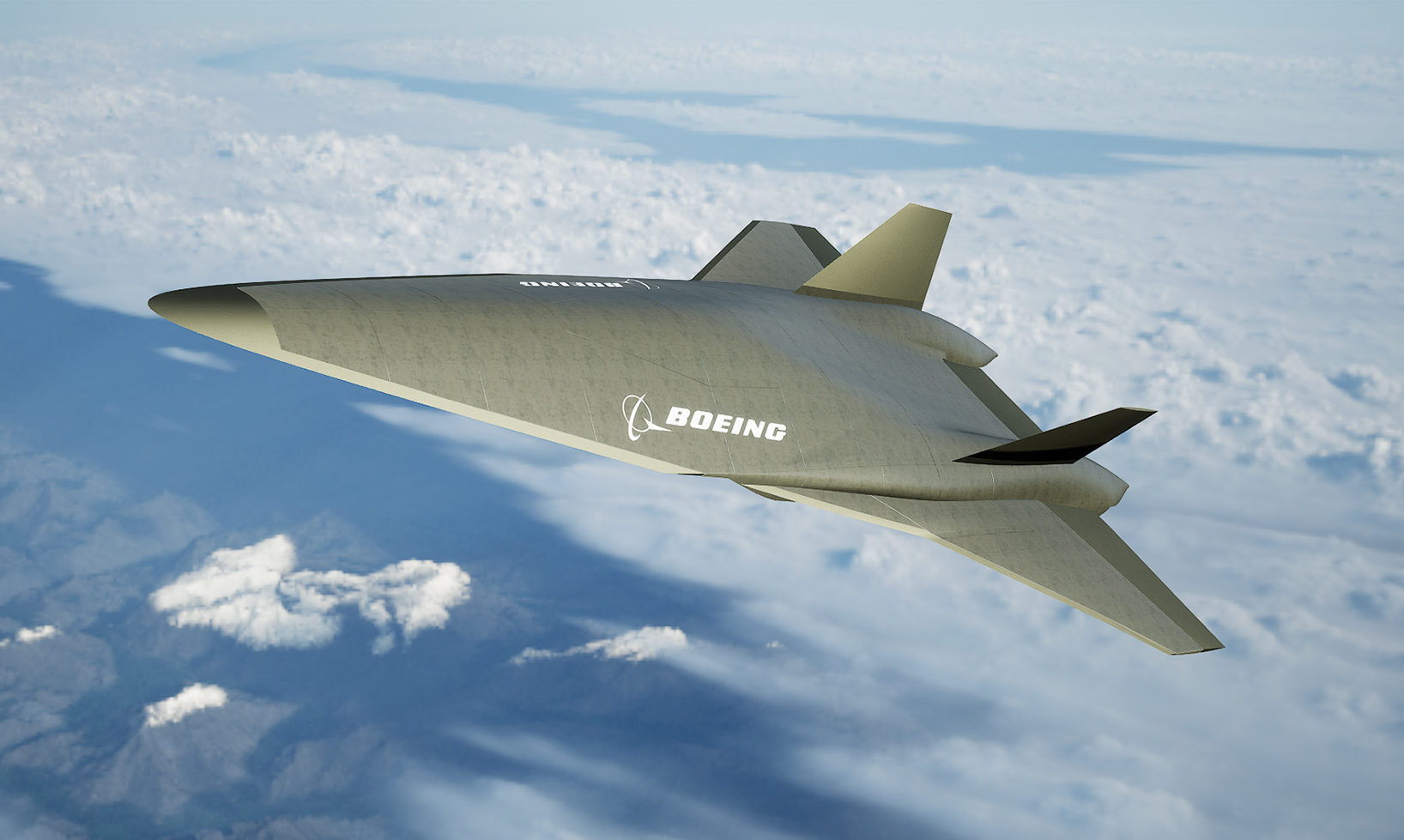Collins Aerospace, part of Raytheon Technologies, will upgrade the B-52 bomber’s power generation system, the company said. The improvements will help boost the B-52’s range while reducing its carbon footprint, Collins reported.
Boeing is the Air Force’s integrator for B-52 modernization, including the re-engining of the bomber with new powerplants being supplied by Rolls-Royce North America. Boeing selected Collins for the work on the electrical power generation system (EPGS), according to a Collins release. The EPGS will be based on “industry-leading commercial technology” and will “contribute to the Air Force’s goal of 30 percent improvement in fuel efficiency for the B-52, along with a decrease in carbon dioxide emissions,” the release said.
The new EPGS replaces the existing 70-year-old system and will include eight generators on each of 76 B-52s, requiring less power from the engine to operate. This will provide “the added redundancy in onboard electrical power necessary to support future B-52 modernization upgrades, including radar, avionics, and mission systems,” Collins reported. The company will add 60 jobs at its Rockford, Ill., facility to do the work.
The Air Force is replacing the B-52’s powerplants with F130 engines to be supplied by Rolls-Royce. Additionally, the bomber is set to receive a new active electronically scanned array (AESA) radar and upgrades to its defensive systems, following the CONECT upgrade giving the bomber a “digital backbone.” The re-engining is to be accomplished by the mid-2030s, while the other improvements will come sooner, propelling the B-52 to continue serving until the 2050s.










